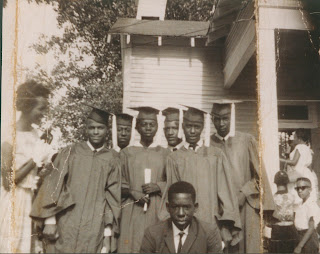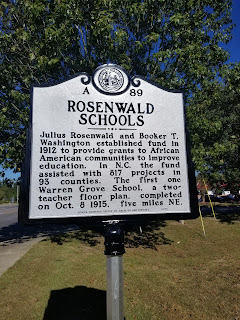I hear it all the time from genealogists, "I am not able to travel to do research" and "I can't go any further with my research until I can travel to the archives in a different state".
It has been said that only about 5% of the world's genealogical records are online, the rest are sitting in archives waiting for genealogists to find them. Most of our archives just don't have the budgets to digitize all of their records and put them online. This process takes money and staff to accomplish. Here is a great visual from the California Genealogical Society showing the ratio of what is online and what is not.
Not being able to jump in the car or on a plane and travel to the place where your ancestor's records are located is tough. I know this because my ancestors are from Ohio, West Virginia and Pennsylvania and other states. I haven't been able to travel for research these past 35 years I have been doing genealogy research. In spite of that fact, I have done pretty well gathering records that are not online from all of these places.
How did I do it?
I used my computer, my telephone, my email account and the old fashioned way of writing letters. I found what specific archives, historical societies, genealogical societies, university archives and libraries and museums that were in the area where specific records could be located. I checked to see if they had a website with a list of records and contact information. I would then contact them by phone, email or writing a letter and make a records request. Usually, if the records were found, copies would be mailed to me. But here recently, I have started receiving more and more scanned records sent by email.
 |
| Dickson County, TN. Archives, Shelves of Records Not Online |
If the repository does not have their records listed on a website, it will take a little more communication with the facility to find out what they have and make your request.
A couple of places online where you can find listings of repositories are:
Cyndi's List
http://www.cyndislist.com/us/
FamilySearch Wiki
https://familysearch.org/wiki/en/Main_Page
Both of these sites have the repositories organized by state and then by county. There should be links to websites or contact information like a phone number where you can get in touch with the facility.
I always encourage genealogists to not give up just because you can't travel to where your ancestors records are being kept. It might take a little more work to get records this way instead of just being able to click on a link and get a document but I assure you, it is well worth it.
As an archivist, I love to hear from genealogists when they email me, call me or send me requests through the postal mail. My job and my passion is to help others find the records about their ancestors.
REMEMBER: IT'S NOT ALL ONLINE, CONTACT OR VISIT AN ARCHIVE TODAY!



























.jpg)

